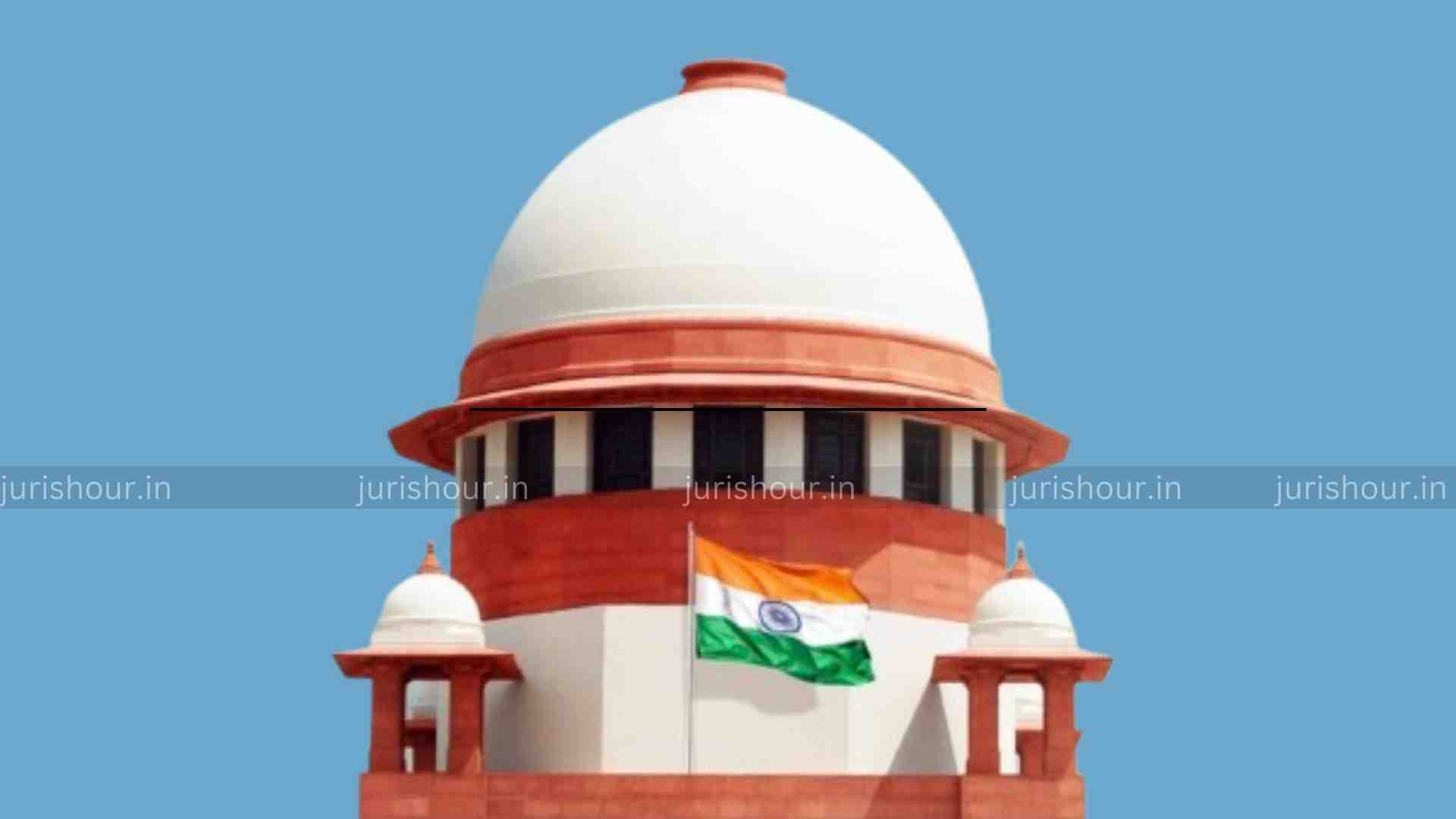Arrest Under GST: Supreme Court Acknowledges Allegations Of Coercion By Officials For GST Payments

Arrest Under GST: Supreme Court Acknowledges Allegations Of Coercion By Officials For GST Payments
The Supreme Court on Thursday observed that there is some merit in allegations that tax officials have been coercing individuals into paying Goods and Services Tax (GST) under the threat of arrest. The Court made this observation based on data presented before it while hearing a batch of petitions concerning the powers of arrest under the GST Act and the Customs Act.
The bench of Chief Justice of India Sanjiv Khanna, Justice MM Sundresh, and Justice Bela Trivedi emphasized that taxpayers who feel pressured into making payments can seek relief by approaching the writ court. The Court also directed that officials engaging in coercion must be subjected to departmental action.
“We have examined data regarding allegations of force and coercion in tax payments. There appears to be some merit in these claims. If any person feels compelled to pay, they can approach the writ court for redress. Additionally, officers involved in such actions must be dealt with departmentally. This practice cannot be allowed as it is contrary to the law. We have referred to the Nandini Satpathy case in this regard,” CJI Sanjiv Khanna stated while delivering the verdict.
The Court's observations highlight concerns over the misuse of enforcement powers under the GST framework, prompting calls for greater accountability within tax departments.
Case Details
Case Title: Radhika Agarwal v. Union of India and Ors.
Case No. : W.P.(Crl.) No. 336/2018 (and connected matters).
Read More: BNSS/CrPC Protections for Arrested Persons Apply to GST & Customs Acts: Supreme Court


